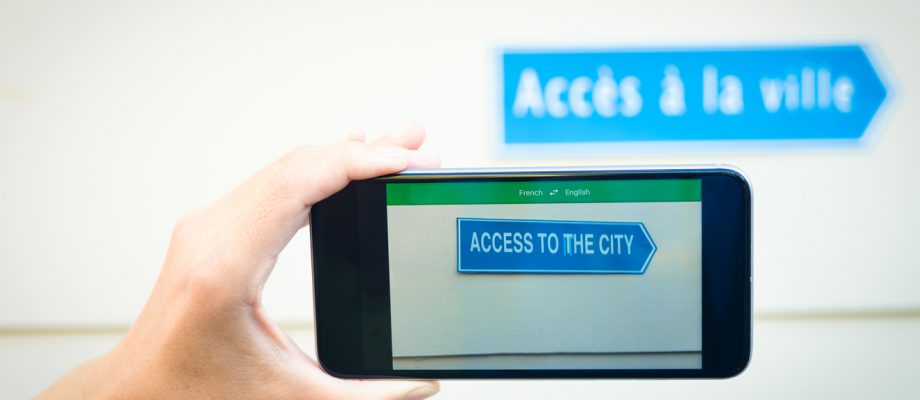Conference: Translation Technology in Education – Facilitator or Risk?

Automated translation services such as Google Translate have become widely available at no cost. Due to their ease of access and improving quality, they have become a tool that enables access to expression of ideas that may otherwise remain closed to readers who are not conversant in the language they are written in. Given the technology’s capacity, to some it may be a shortcut to circumvent language acquisition, while to others it may be a facilitator to learning.
For universities, in particular with growing internationalisation, one important question is what role translation technology may play in Higher Education, for instance in research activities or in the production of assessed work. Equally, for secondary education it could play a role in the interaction between pupils whose first language is not English and teachers or in the engagement of students with the learning materials.
In that light, this event is of relevance to students, teachers, assessors, policy makers, ethics officers in secondary and tertiary education.
Is this for you?
We are accepting proposals for individual presentations, panels and workshops that address the role of automated translation technology in education. We aim to include a range of topics, possibly from, but not limited to the following areas:
- technology and language acquisition
- technology in independent language learning
- technology and academic literacies
- technology and translator training
- technology and interpreter training
- technology in the classroom
- technology and assessed work
- technology from the user/student perspective
- technology as tool in research activities
- technology and related ethical concerns
Call for papers
For individual papers, each contribution will consist of a 20-minute presentation and a 10-minute Q&A session. Proposals should include:
- Title
- Abstract of up to 300 words
- Speaker bio of up to 50 words for each speaker
Panels/workshops will be 90 minutes in length. Proposals should include:
- Title
- Abstract of up to 300 words
- Organisers: names and affiliations of moderator and participants (if known)
- Proposed format, including a draft schedule and summary of how the session would run/engage with the audience
- Participant information: expected number of and information about participants, if known
- Special requests or needs for equipment
Please submit your proposals to: klaus.mundt@nottingham.ac.uk or yvonne.lee@nottingham.ac.uk
Submission deadline: 28 February 2019
Event date: 5 July 2019
Leave a Reply
Upcoming Events

